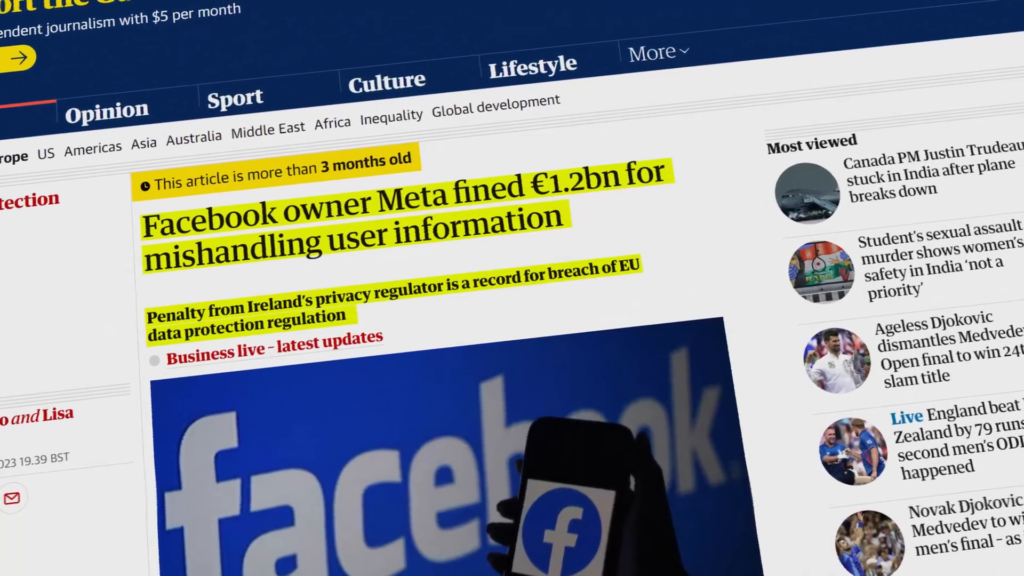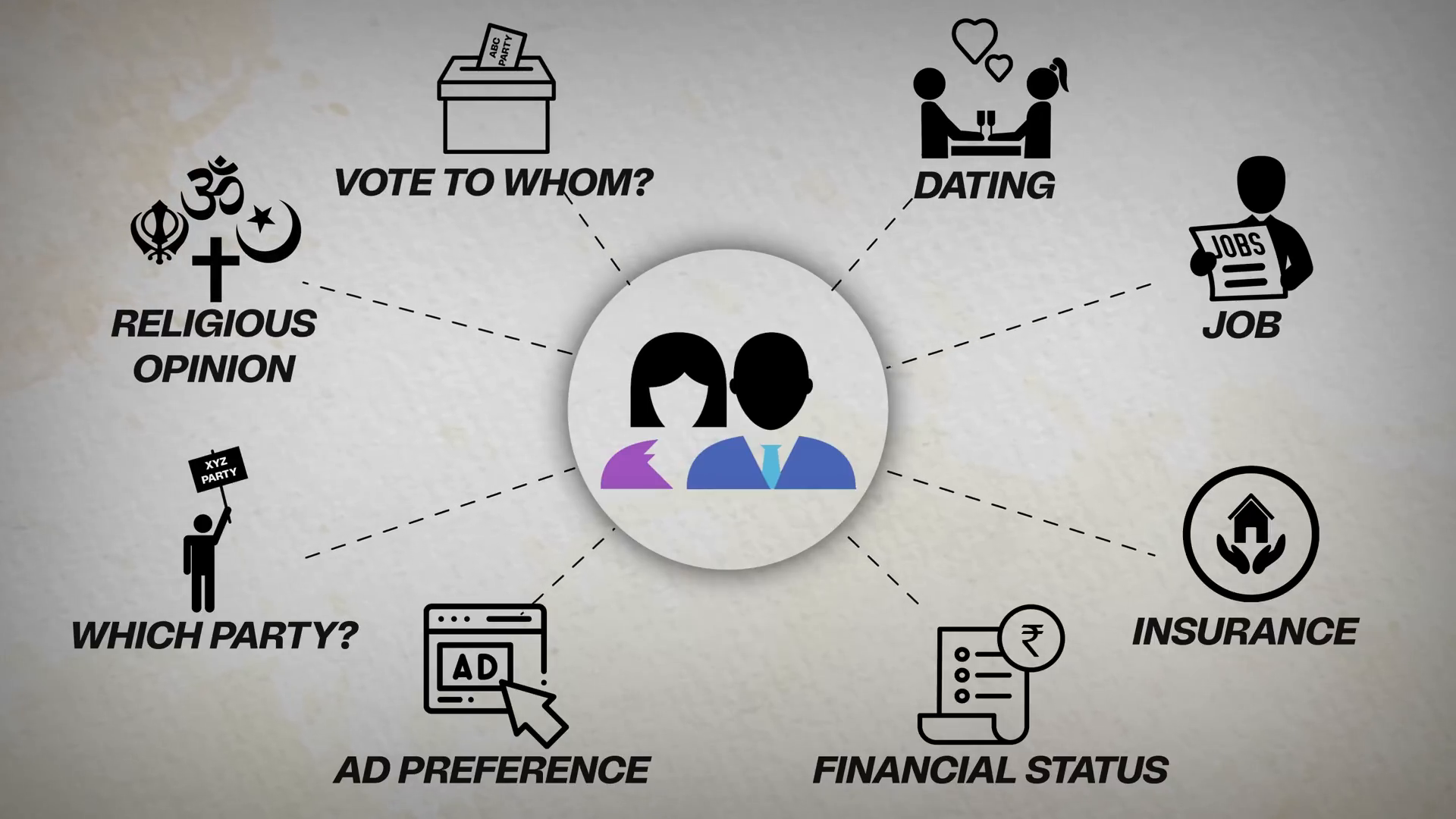Understanding Social Media and Data Usage
Social media has transformed the way we communicate and interact with the world. However, it has also raised significant concerns regarding data privacy and the manipulation of information. This blog delves into the intricacies of how social media uses your data, the implications of big data, and the challenges users face in navigating these platforms.
The Landscape of Social Media
Social media platforms like Facebook, Snapchat, and LinkedIn have become integral to our daily lives. They allow users to connect, share, and engage with content from around the globe. However, these platforms are not just about social interactions; they are also significant players in the advertising world. To understand how social media uses your data, it’s essential to look at the business models behind these platforms.
Tech giants such as Mark Zuckerberg of Facebook, Jeff Bezos of Amazon, and Larry Page of Google leverage their platforms to generate substantial revenue, primarily through advertising. It is estimated that the digital advertising market is worth around thirty-one billion dollars, showcasing the immense financial stakes involved in how social media uses your data.

The Business of Data
At the heart of social media’s profitability is data. Companies like Google AdSense, Facebook Audience Network, Microsoft Advertising, and Amazon Advertising collect user data to create targeted advertising. This practice raises questions about user privacy and consent. To truly grasp how social media uses your data, one must consider how this data is employed to tailor ads and content.
Many users are unaware of the extent to which their data is collected and utilized. Terms and conditions often include clauses that allow social media companies to access personal information, sometimes even without explicit consent. Understanding these terms is crucial for users who want to protect their data and comprehend how social media uses your data.
Data Collection and User Behavior
Social media companies are engaged in a constant battle for user attention. They collect vast amounts of data regarding platform activity and user behavior. This data is then analyzed to identify patterns and preferences, allowing companies to tailor content to specific demographics. This process provides a clear example of how social media uses your data to enhance engagement.
However, this data mining raises ethical concerns. Users may find themselves exposed to targeted content that aligns with their existing beliefs, leading to echo chambers and polarized opinions. Research has shown that this manipulation can significantly impact public perception and behavior, highlighting the consequences of how social media uses your data.
Privacy Concerns and Data Breaches
One of the most alarming aspects of social media data usage is the potential for data breaches. High-profile cases, such as the Cambridge Analytica scandal, have highlighted the dangers associated with data misuse. Reports indicated that Facebook allowed unauthorized access to the data of fifty million users, raising questions about the platform’s responsibility in protecting user information and addressing how social media uses your data.
Moreover, regulatory bodies are increasingly scrutinizing how social media companies handle data. In hearings before committees, executives from these companies have faced tough questions regarding their data practices and the measures they take to protect user privacy, including their transparency about how social media uses your data.
The Role of Regulations
To address these concerns, various regulations have been proposed and enacted globally. Laws such as the General Data Protection Regulation (GDPR) in Europe aim to provide users with more control over their data. These regulations require companies to be transparent about their data collection practices and obtain explicit consent from users, impacting how social media uses your data.
Despite these efforts, many users remain unaware of their rights regarding data privacy. Individuals need to educate themselves about these regulations and advocate for their rights in the digital space, understanding how social media uses your data to safeguard their information.
Social Media and Misinformation
Another significant issue related to social media data usage is the spread of misinformation. Social media platforms can easily become breeding grounds for false information, often exacerbated by algorithms that prioritize engagement over accuracy. This manipulation provides a stark example of how social media uses your data to drive engagement, sometimes at the expense of truth.
During political events, such as elections, the manipulation of content can sway public opinion. Reports have indicated that misinformation campaigns have reached millions, influencing voter behavior and societal views. This phenomenon underscores the importance of understanding how social media uses your data.

The Future of Social Media Data Usage
As technology evolves, so too will the methods of data collection and analysis. Social media companies are continuously developing new strategies to enhance user engagement and profitability. However, this progress must be balanced with ethical considerations and user privacy. Keeping an eye on how social media uses your data will be crucial in navigating these changes.
Moving forward, users must remain vigilant about their data. Understanding how social media platforms operate and the implications of their data practices is crucial in safeguarding personal information. Knowing how social media uses your data empowers users to make informed decisions.
Conclusion
In conclusion, while social media offers numerous benefits, it is imperative to acknowledge the complexities of data usage. Users must educate themselves about their rights and the implications of their online activities. By being proactive and aware of how social media uses your data, individuals can navigate the digital landscape more safely and responsibly.
